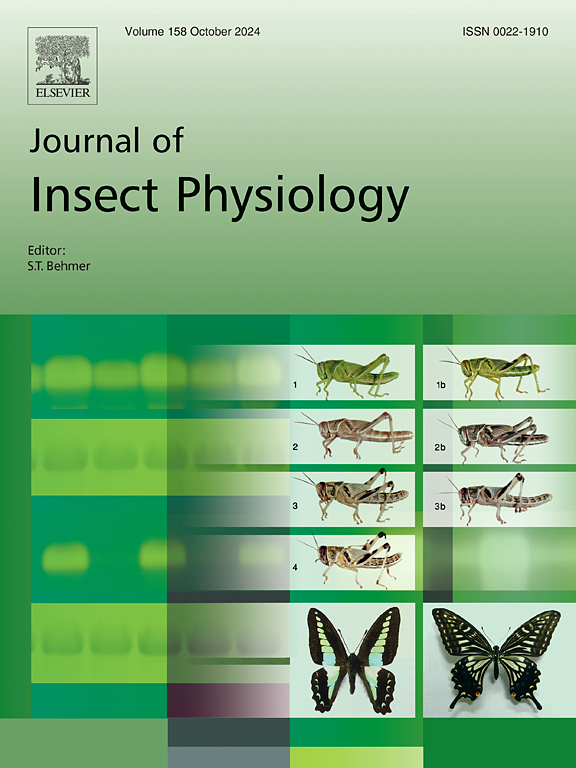An improved method to assess the encapsulation response in arthropods
Abstract
Ecoimmunology explores how ecological factors and evolutionary processes influence immune responses across various taxa and how immune responses trade-off with other traits. Studying immune responses requires biologically meaningful immunoassays applicable to a broad range of taxa and are sensitive enough to detect changes in the immune response. Useful immunoassays should also correlate with immunocompetence and fitness. The encapsulation response, a complex immune mechanism in arthropods, serves as a robust method for ecoimmunological investigations. However, traditional methods to test the encapsulation response can require long training. This study introduces an innovative, cost-effective method for assessing the encapsulation immune response in arthropods, which simplifies the procedure by reducing the training time and skill required. Our modified device utilizes a pen and syringe assembly for inserting monofilaments into arthropod larvae. We compared our device against traditional methods. Despite the new method being 22% faster, it did not compromise the accuracy or effectiveness of the encapsulation response when compared with traditional techniques, demonstrating similar degrees of melanization and encapsulation. Our method allowed for more accessible participation by less experienced researchers, such as undergraduates, facilitating their involvement in ecoimmunological research.


 求助内容:
求助内容: 应助结果提醒方式:
应助结果提醒方式:


